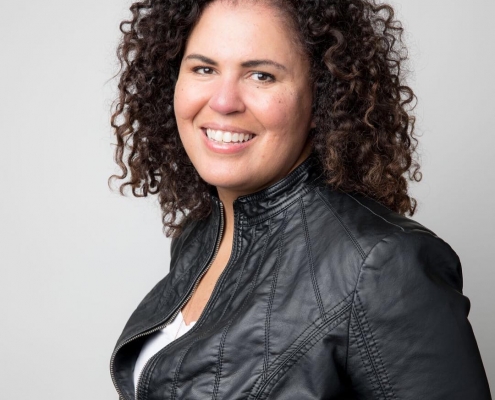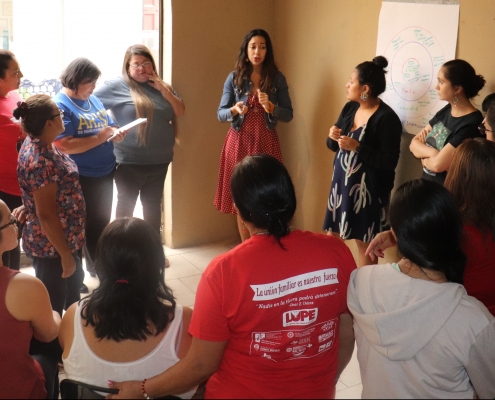
Chancellor’s Award for Community-Engaged Scholars
Six new UCLA ladder faculty members were presented with the inaugural…

Creating an Equitable Workplace for Women
The New York Times recently hosted the New Rules Summit which…

A New Perspective on Gender Neutrality…Continued
UCLA professors Abigail C. Saguy and Juliet A. Williams recently…

Latinx Organizations Convene in Border Town to Talk Immigration and Criminal Justice Reform
By UCLA Latino Policy & Politics Initiative (LPPI) In…

